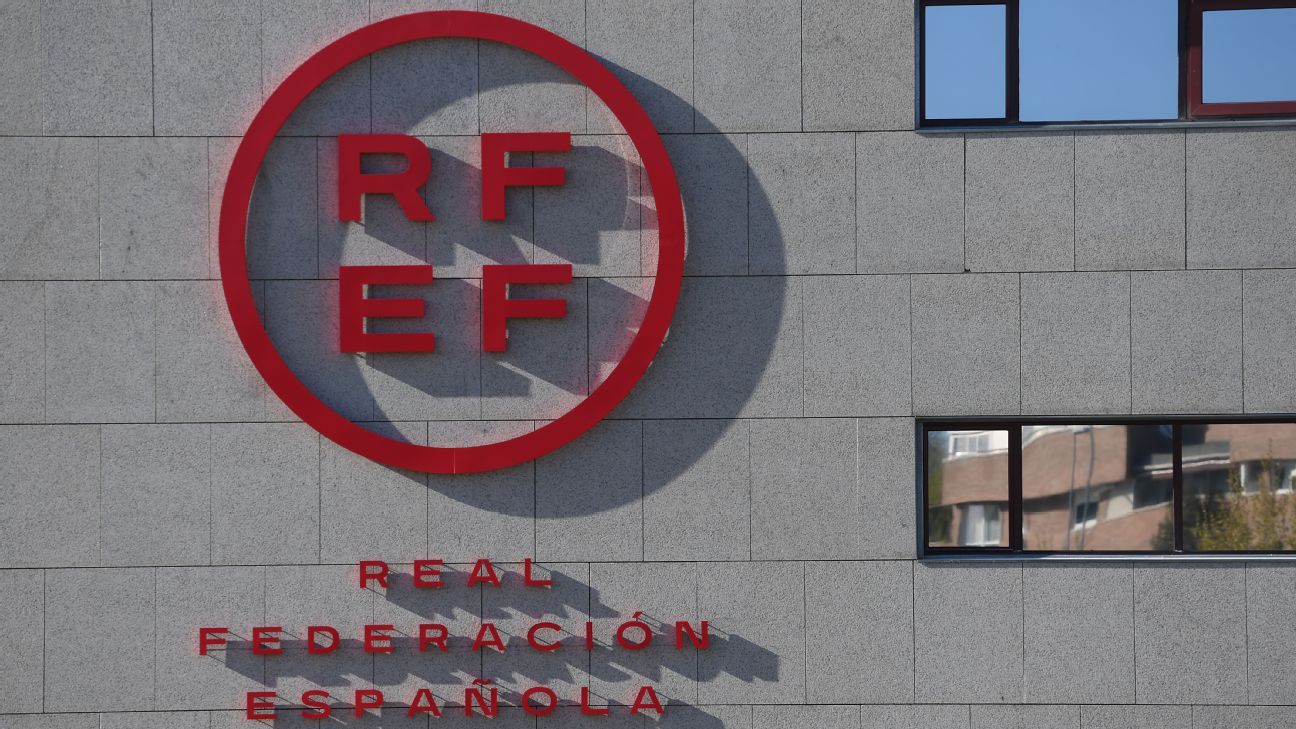
Who Besides PSG’s Dembélé Could Claim the 2024-25 Ballon d’Or?
Ousmane Dembélé: The Ballon d’Or Favorite
Barring any unexpected shake-ups, Ousmane Dembélé is positioned to win the Ballon d’Or this season. The Paris Saint-Germain forward has enjoyed a spectacular season, marked by a striking tally of 21 goals and six assists in Ligue 1, helping PSG clinch the league title by a commanding 19 points. His contributions in the Champions League also stand out, where he scored eight goals and provided six assists, leading his team to a resounding victory in the final.
Stats That Speak
Dembélé’s stellar statistics are impressive enough on their own, but they also come with a compelling narrative: PSG’s rise to become the best team in the world seems to have coincided directly with Dembélé’s move to a central forward position. It’s not just about the numbers; it’s about how he has transformed the team. He embodies the kind of player voters typically favor—those whose teams dominate both in their leagues and in Europe.
While the narrative of greatness might lean towards Dembélé, there’s a wild card in the mix. Chelsea’s recent 3-0 triumph over PSG in the Club World Cup final could influence voters. Despite Dembélé’s superb form, history has shown that narrative shifts can lead to surprising outcomes.
Reassessing the Best Player
The debate doesn’t just center around Dembélé, though. It’s worth exploring who should win the Ballon d’Or. The shift from calendar-year voting to a season-long evaluation has unlocked new perspectives on player performances. The central question becomes: Who had the most outstanding 2024-25 season?
Reflecting on PSG’s journey, it’s noteworthy that the team faced significant adversity early in the Champions League. By December, they had scraped together just one win in five matches, dangerously close to elimination. However, they turned their fortunes around in an incredible fashion, winning 10 out of their next 12 games.
Had things played out differently in their knockout match against Liverpool, which saw Dembélé star, the narrative would likely have shifted dramatically. PSG’s comeback starting from a low point adds an interesting layer to the discussion—was this an exceptional feat due to Dembélé, or was it merely the team’s resurgence?
Analyzing Player Contributions
To evaluate player performances more accurately, one can assess contributions based on monthly evaluations from European Sports Media. This aggregate method offers a more nuanced picture of a player’s season performance. For instance, while Dembélé has had his moments, he wasn’t even the highest-rated player on PSG for much of the season—a title that went to Achraf Hakimi.
In contrast, Liverpool players consistently dominated team-of-the-month selections, emphasizing the club’s strong showing until they crossed paths with PSG in the Champions League.
When analyzing goal contributions, it’s clear that Mohamed Salah of Liverpool has the edge, boasting significantly more goal involvements than any other player. However, while raw numbers are vital, they won’t tell the whole story. The quality of goals and assists comes into play—some assists come from seemingly simple passes, while others require brilliant vision or skill.
Adjusting for Fair Comparisons
To render a fair assessment, it’s crucial to contextualize contributions. Looking at goals and assists, we should also appreciate the value of a player’s minutes on the field. Statistics often include penalties as equal to goals, while an assist can vary greatly in difficulty.
Adjusting these metrics can provide a clearer picture. When expected goals (xG) and expected assists (xA) come into play, the landscape shifts. A player like Dembélé, who has managed to excel in a limited number of minutes, stands out. With fewer minutes played than peers like Salah and Raphinha, Dembélé may present a compelling case based on productivity per minute instead of sheer volume.
The Case for Other Contenders
While Dembélé emerges as a prime candidate, other players deserve recognition. Raphinha has been incredibly effective this season, flaunting a strong goal-to-assist ratio. Despite talented competition in his position, he proved indispensable to Barcelona’s success.
On the defensive end, Achraf Hakimi has established himself as one of the standout players, contributing immensely to PSG’s success from the back. His positional advantages alone warrant consideration, especially given how the averages shift in terms of impact at his position.
Then, there’s Salah, whose contributions in terms of goals and assists far exceed the average. He remains consistent even in challenging circumstances, often shouldering the burden of Liverpool’s attack.
Dembélé, Salah, Raphinha, or Hakimi?
Each player presents a unique case for why they should win the illustrious Ballon d’Or. Evaluating the criteria complicates the decision: Is the award for raw numbers? Team success? Individual excellence? Dembélé might boast the highest ceiling in terms of impact on the pitch for PSG, while Salah’s workload offers a different perspective on contribution quality.
As the season wraps up, it’s a fascinating time for soccer fans. The narratives intertwine with numbers, leading to passionate discussions on who truly deserves the honor.



